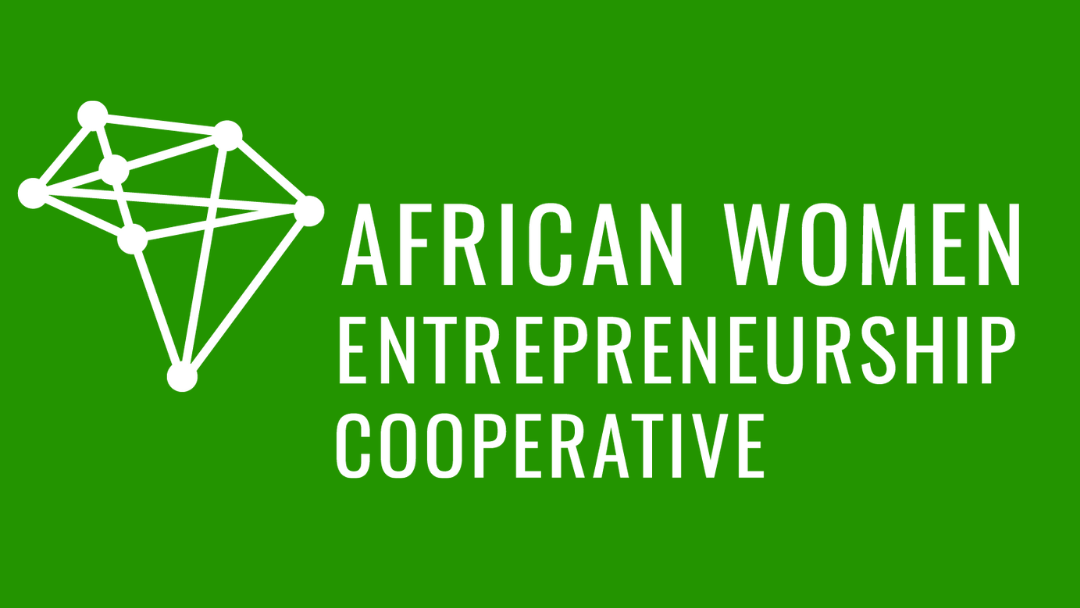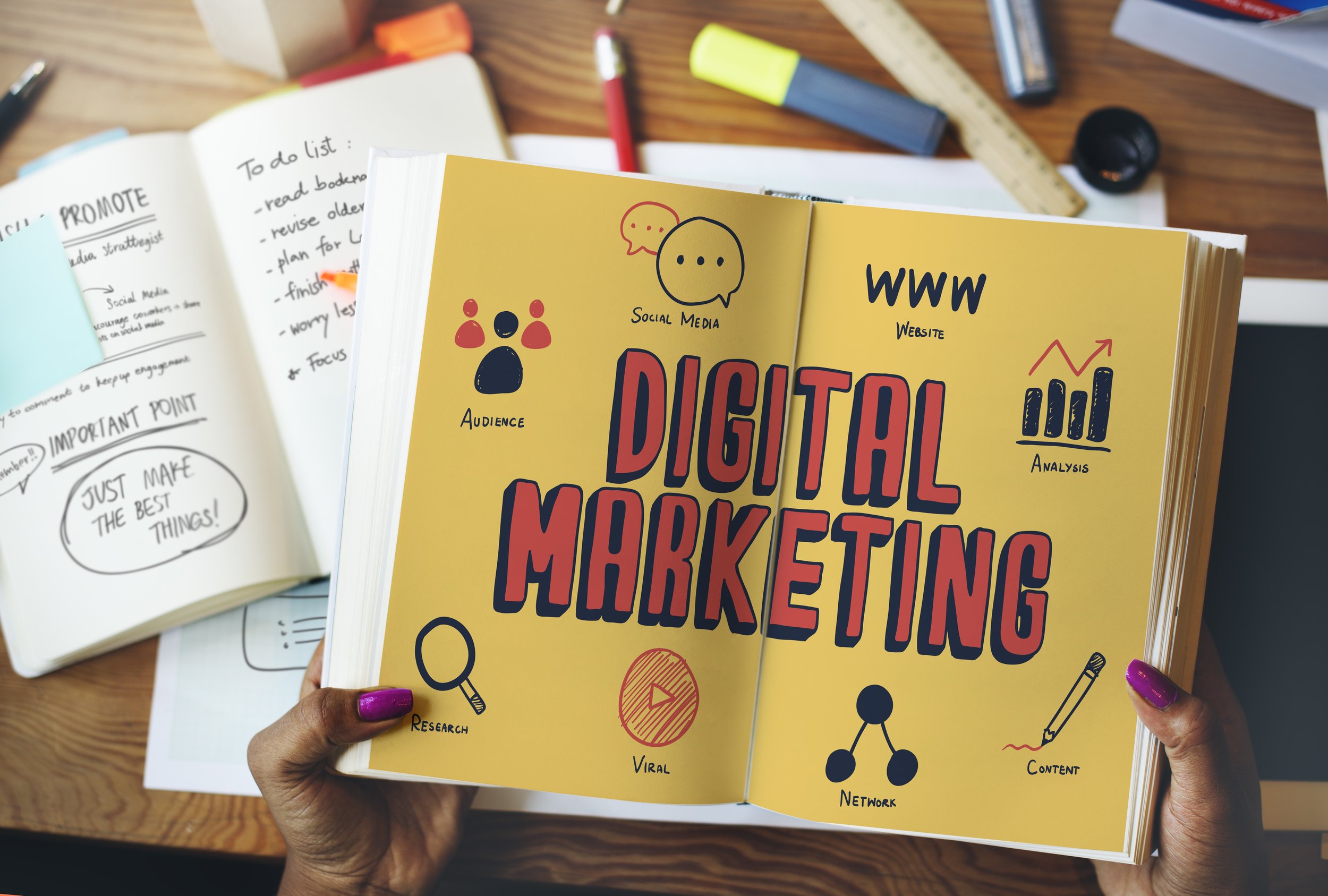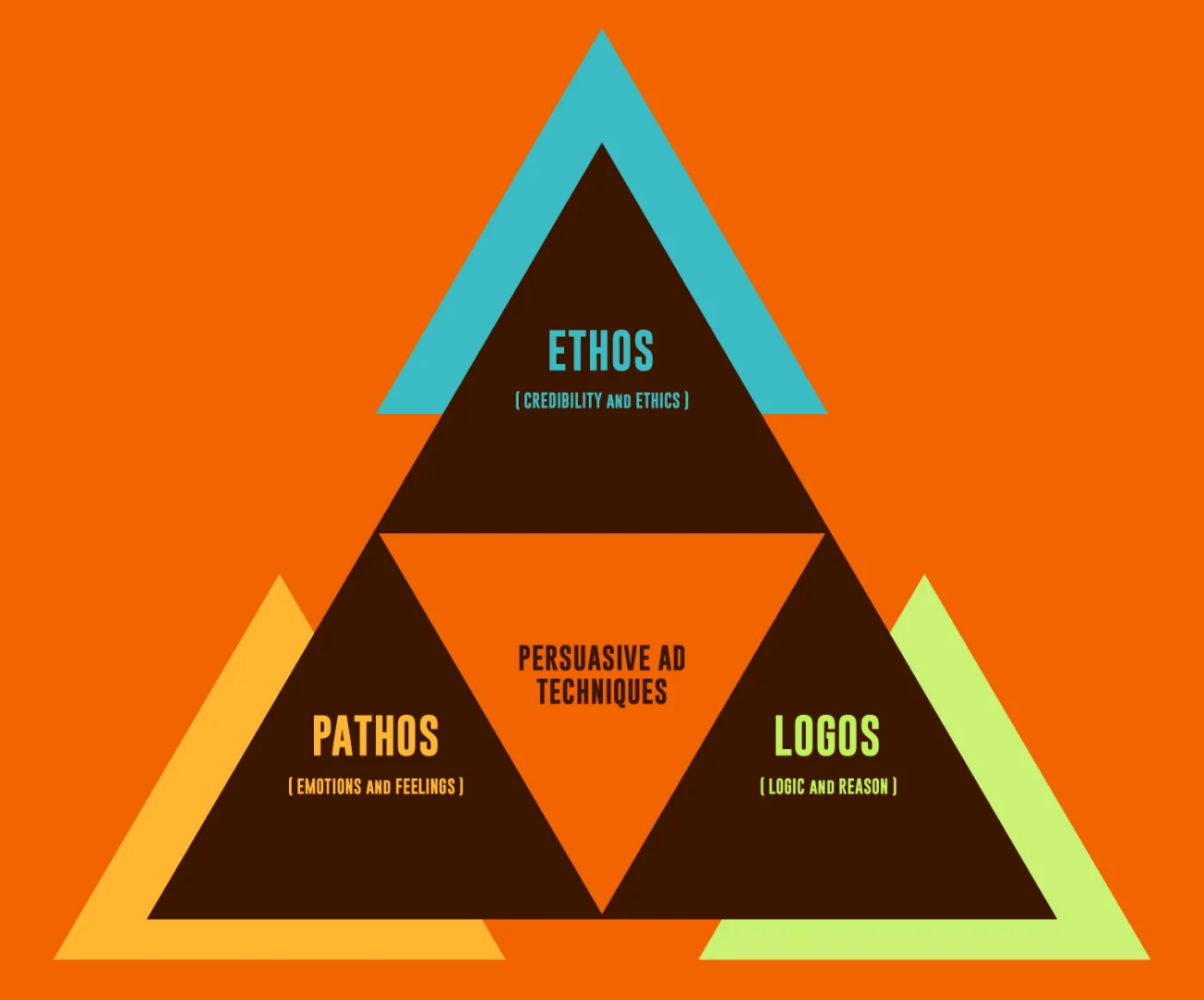Go Digital Like a Pro: Leveraging Aristotle's Three Methods of Persuasion in Modern Marketing
It is no secret that digital marketing is changing the world, along with constantly increasing levels of penetration, as the global pandemic shifted the way consumers interact with businesses. Africa is rapidly urbanizing, and with the internet now widely accessible across the continent, Africans surf the web using mobile phones more than ever before. Digital marketing is marketing through digital channels (search engines, websites, social media, email, texts, and more.) In short, if a marketing campaign takes place online, it’s digital marketing.
Digital media is an essential element of any successful marketing strategy. In order to create a strong digital marketing strategy, we have to think about the basic principles of marketing (even before the digital era.)
In 1960, a professor of marketing, Edmund Jerome McCarthy, developed the concept of the 4 P’s in his book, “Basic Marketing: A Managerial Approach”. The 4 P’s are:
Place: how your business delivers its product and/or services to its intended customers (i.e. e-commerce website, brick and mortar shop)
Price: how much consumers are willing to pay for your product and/or service
Product: the product(s) and/or service(s) your company offers
Promotion: the case you make for your products and/or services
McCarthy’s approach didn’t just define marketing and how traditional roles work within a company or organization; he borrowed from other fields such as psychology and sociology to better understand consumer behavior.
In marketing, you are essentially trying to persuade people to buy your product or use your service. Let’s take a look at the Greek philosopher, Aristotle, and his three modes of persuasion: Ethos, Logos and Pathos. The rhetorical triangle below demonstrates how each mode appeals to your audience.
Photo Credit: StudioBinder
Imagine you are the director of marketing at a baby food company. You need to persuade your audience to purchase your new product, a banana and dates spread.
Ethos (Credibility and Ethics): “You should buy this product because this famous working mom of 4 endorses my product.”
Logos (Logic and Reason): “You should buy my product because it provides your baby with a full serving of fruit in one package.”
Pathos (Emotions and Feelings): “You should buy my product because you care about the nutrition of your beautiful baby.”
Now that we have identified the basics of marketing, preceding the digital era, let’s talk about digital marketing which takes place entirely online, whether through social media, search engines, email and other websites. It even includes text or multimedia messages. Watch the video below to test your knowledge of digital marketing concepts!
Leveraging digital marketing is a crucial strategy for today’s businesses. It allows them to efficiently reach a target audience with their message, which in turn allows them to convert more leads into paying customers. The good news is that you don't have to be a digital marketing expert to get started. In fact, AWEC Alumna, Atinuke Babtunde is a true testament that you don't even have to know much about digital marketing at all. If you have a business and an audience, then you can leverage digital marketing to better serve your customers and grow your business.


